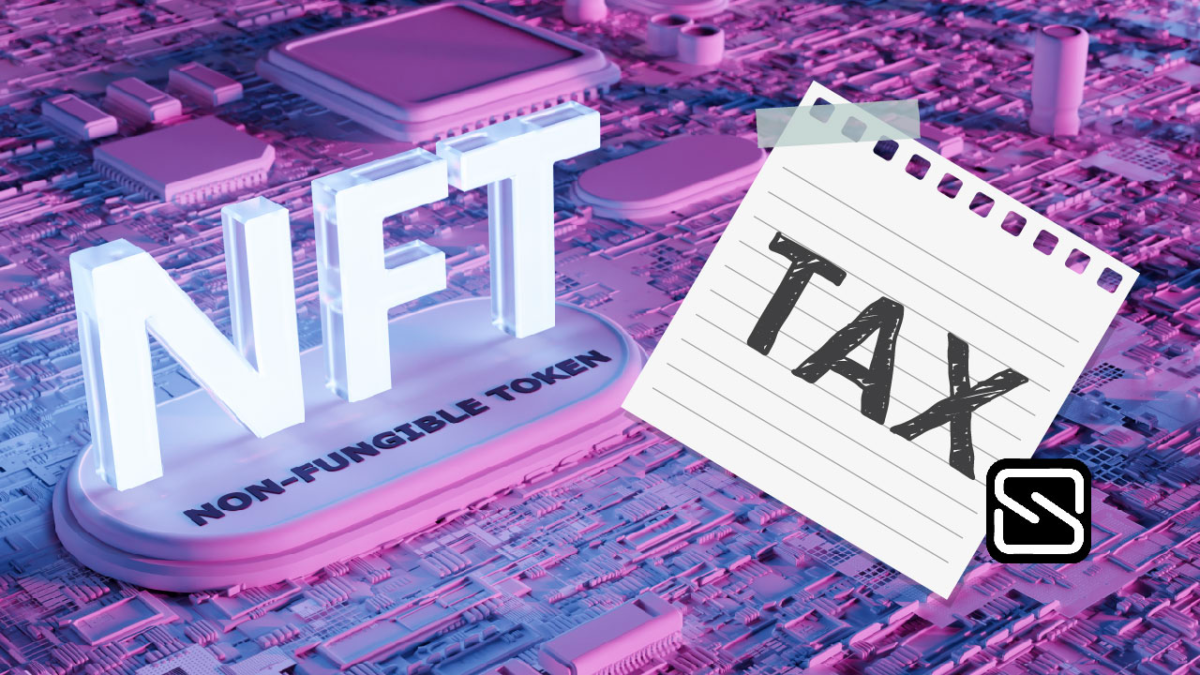According to a report by Jana Botha, a Senior Tax Advisor, and Francis Mayebe, Candidate Attorney, Tax Practice at Baker McKenzie in Johannesburg, with the cryptocurrency market in full swing and in particular the trade in NFTs for frequently staggering sums of money, tax authorities around the world have now raised their eyebrows at the potential tax implications of the NFT market.
The tax experts claim that there is currently no universally recognized, all-encompassing solution to the taxation of NFTs. This is because there are a number of factors that must be taken into account in order to characterize and apply NFTs within the framework of current worldwide tax laws.
Also, another potential issue is the valuation of NFTs for tax purposes, as there is limited guidance in this respect. Therefore, tax authorities appear to be caught playing catch-up. In some cases, however, there are tax authorities who are of the view that the current legislative measures are sufficient to cater for the taxation of NFTs.
The experts also further claim that to establish whether VAT would apply to the supply of NFTs, it is important to first establish whether the supply of NFTs would comprise a supply of electronic services, as defined.
On a global scale, the existing definitions of electronic services, per the European Union Council Directive 2006/112/EC, the Council Implementing Regulation (EU) No 282/2011, and the United Nations Model Convention 2021, may potentially be broad enough to include NFTs within the ambit of the definition of electronic services, specifically as it caters for the taxation of automated digital services that involve minimal human interaction.
Although it is doubtful that the legislators intended for these laws to specifically address NFTs when they were created, the language of these provisions was expanded so as to account for potential future advancements in the digital economy.
They also gave an overview of Spain’s tax treatment of NFTs stating that the Spanish Tax Authorities (STA) recently issued a ruling on this matter after considering that NFTs, being essentially ‘digital certificates of authenticity, created two different digital assets after minting, that is to say, the underlying digital asset (being the image, music, video, etc.) that can be digitally presented, and the NFT itself, which represents the digital ownership of certain rights over the underlying digital asset.
In their rationale for this conclusion, the STA emphasized that NFTs could not fall within the scope of the supply of goods as they did not entitle the purchaser to any rights over tangible property. Consequently, there was no delivery of an actual asset and therefore, the supply should be subject to VAT.
According to tax experts, South Africa could borrow Spain’s approach.
The South African VAT legislation defines electronic services, subject to certain specific exclusions, as any services supplied by means of an electronic agent, electronic communication, or the internet, for any consideration.
It is evident that a supply that is dependent on information technology, is automated, and involves minimal human intervention, would fall within this definition.
However, the tax experts point out that, before concluding that the supply of an NFT would fall into this definition for South African VAT purposes, it is necessary to consider whether it would, for purposes of the Value Added Tax Act, 1991 (VAT Act), be considered a supply of services.
Their report concludes that as simple as this seems, we caution that it becomes more complex, specifically when taking into account how blockchains function.
In addition, for a non-resident supplier to be considered to be supplying electronic services in South Africa, that supplier would need to supply to a South African resident customer or a customer with a residential, postal, or business address in South Africa, and payment would be made by that customer from a South African bank account.
Also, a major consideration in this regard is the anonymity of blockchain transactions and thus the difficulty, if not infeasibility, for the seller to determine the identity and location of the purchaser of the NFTs in question.
“In essence, this makes enforcement of VAT obligations on non-resident suppliers of NFTs extremely difficult, if not unlikely, and therefore currently creates a loophole. Considering the staggering amounts for which NFTs are sold in the digital markets, this is certainly an area in which tax authorities could place more focus, rather than having to play catch up with the innovative digital transformation,” they concluded.









